Sana Mir Latest Pictures
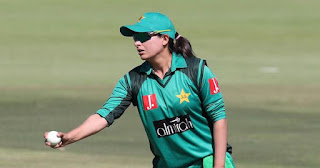 |
| Sana Mir Latest Pictures |
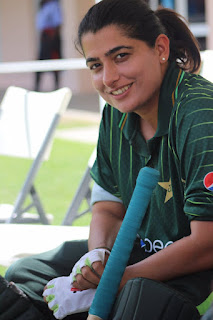 |
| Sana Mir Latest Pictures |
 |
| Sana Mir with her Brother |
 |
| Sana Mir Latest Pictures |
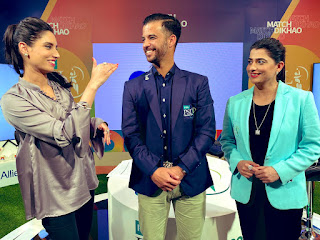 |
| Sana Mir Latest Pictures |
 |
| Sana Mir Latest Pictures |
 |
| Sana Mir Latest Pictures |
 |
| Sana Mir Latest Pictures |
 |
| Sana Mir Latest Pictures |
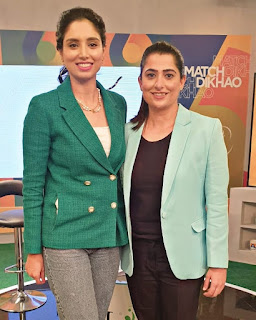 |
| Sana Mir Latest Pictures |
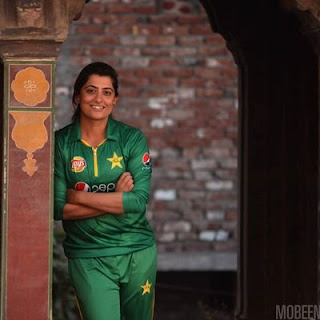 |
| Sana Mir Latest Pictures |
 |
| Sana Mir Latest Pictures |
Sana Mir Social Media:
Twitter https://twitter.com/mir_sana05
FB: https://www.facebook.com/mir.sana05
IG: https://www.instagram.com/mir05sports/
Email: support@sanamir.com
How old are Sana Mir?
35 years (January 5, 1986)
Where is Sana Mir from?
Abbottabad/Place
of birth
Sana Mir husband name
Sana Mir with her husband
Sana Mir height
Sana Mir Pakistani cricketer
Sana Mir INTERVIEW by DAWN
source: https://www.dawn.com/news/1415243Q. How would you — having led the national team for eight
years as captain and now as a senior player — define leadership? What does it
mean to you?
Sania Mir:
A. I have very good examples of leadership in my home. My father and mother are the leaders of the family and the way they’ve cared for us, the way they’ve been [always] there for us is how I wanted to be for the people who were dependent on me in cricket. My parents’ care, love and support were the motivating factors for me. I always wanted to be like them. That’s how I started off as a leader.
Sana Mir is one of those few Pakistani women cricketers who are just as well-known both internationally and locally as their male counterparts. She is also known for speaking her mind. Eos talks to the sportswoman to find out what makes her tick
When you play team sports, your team is your family because you live with them day in and day out. I looked at my parents’ example of how they treated their family. And it worked for quite a while. But then it came to a point where there were constant changes in the coaching staff and the team, and I needed a new leadership model to help myself deal with those challenges.
My father always said that leadership is service; you have to serve other people rather than wanting them to serve you. I have lived like that and I have led [the team] like that for most of my career.
Being unconditional was the key here. It was something that I had to practice more. Now I am more consistent in my actions, in how I analyse situations, and how I decide what is correct. So if someone is not responding to goodness or responsibility, I still do the same thing. I remain consistent. It doesn’t conflict me as a person, which has given me a lot of peace. And I can do my best without constantly worrying about the result.
Q. In the past three to four months
you have talked about child protection and advertisement campaigns that focus
on young sportswomen’s appearance. How do you see your contribution now?
Sana Mir:
A. I have been talking about child protection since 2013. It’s not something new. It’s something I have been concerned with because whenever I go to schools or colleges or to panel discussions, a lot of girls say that their parents aren’t very supportive [about sending them to play cricket], and they seek my opinion on the matter. I always tell them that at the moment we don’t have the structures to support them, so they have to have their parents’ support. I say, either you convince them or you get convinced about their point of view. Otherwise, to make girls rebellious when there’s no system to sustain them is putting them in a difficult situation. I think that’s why child protection is extremely important.
First, we [need to] create a safe environment for children, whether they are girls or boys, and then we should ask them to come out [to play]. When we talk about child protection, we talk about minors, people who are under 18.
As far as my role in the future is concerned, again, I would say that I don’t think too far ahead. The only thing that I want is to be the voice of the ordinary Pakistani.
I can relate to feminism on the issue of equal rights. It’s about doing what’s right. My message is: we should not see the situation through a gender lens. I would rather see it through a neutral lens.
What disturbs me is that when we talk about women’s empowerment we sometimes don’t understand that being a woman is not the most important thing. What’s important is what you’re doing and how you’re doing it. Like the advert you talked about, it’s not about girls playing basketball, it’s about playing basketball. That should be the message. What do you need to be a good basketball player, whether you are a woman or a man?
So, I would like the next generation to understand that it’s not so complicated — if you’re good at something, if you are working hard at something and if your intent is right, then God is going to give you success.
We complicate a lot of things trying to relate them to gender or colour or nationality. If you just try to simplify things and do what’s right for you then a lot of things can be handled better.
One of the notions is that women’s empowerment has something to do with rebellion, that you stand up against your family and society.
Q.
Symbolically, you and sportswomen like you represent empowerment in a sort of
complete way — you’re doing what you love, it’s unconventional, it’s a male-dominated
arena, you work with men, you travel extensively, you’re doing something that
requires physical strength — so if one is to look at you as a symbol of women’s
empowerment, one would be hard pressed to find someone else who would tick off
all the boxes that I just mentioned. And yet what many of you say is that you
are not these rebels who’ve taken on their families. It’s because you have the
support of your families.
I would like you to talk a little bit
more about how you don’t need to have an oppositional or hostile relationship
to tradition in order to do what you want and the other thing you said: don’t
complicate things; just do your best.
A. We
can be empowered while following traditional wisdom or traditional enlightened
truths that people before us had ealized. We don’t have to discover something
new. That’s all I think empowerment is; it’s not that you have to defy anyone
else. It’s all about being true to yourself, and being authentic.
We come from a nation that takes a lot
of pride in family values. We come from a country that is predominantly Muslim.
We come from a country that hasn’t seen a lot of sport icons, but we do find in
our own homes the biggest support.
I don’t believe that anyone can be
self-made. Whatever a person achieves is a team effort and that’s how we need
to narrate our stories. It’s very easy to get all the publicity and become
famous or become a superhero for the coming generations by saying that ‘yeah I
did it all on my own and I was this and I was that …’ It’s very easy to do
that, but what we need to understand is that nothing is like that. Whenever you
achieve something there are so many other people who have helped you get there.
Why I want to narrate my story like
this is because then there’s more hope and there’s more trust –– be it the
international community or our own people –– that we have so many good things
going on in Pakistan. These girls that you see on the field, it’s not because
of them alone. It’s because of their families and it’s because of their parents,
because of their school teachers, their sports teachers, their coaches… it’s a
combined effort.
When you try to show yourself as
rebellious, you basically say that I have done it on your own. I don’t want my
story to be narrated like that. Yes there were situations where I had to do
things as an individual, sort some stuff out on my own and no one could have
done that for me. But even then there were people who were guiding me,
supporting me, and comforting me through tough times.
This is also why I‘m saying it’s very
important to keep your family and your support with you because I know that
it’s an unconventional field and there are no structures. So if you don’t have
your family with you, then there is a big chance of you getting exploited in a
lot of different ways.
Q.
And on complicating things?
Sana
Mir. Here I would like to give an example
of my early experience. I started playing cricket professionally from Karachi.
My father was posted in Karachi and it was the first domestic team I played
for. At that time the rivalry between Karachi and Lahore, in the domestic
cricket, was like the rivalry between India and Pakistan in international
cricket. The Karachi team never wanted to lose to the Lahore team and vice
versa.
When I was in the Karachi team, I heard
a lot of stories about selection and how girls were overlooked. I had lived all
over Pakistan. I had friends in the Abbottabad, Peshawar and Pindi teams, and
also had a few in the Lahore team. Two years after I had led Karachi, my father
moved to Lahore and then I spent more time with the Lahore girls. A year later
I became their captain.
Therefore what I realised was thealizednly
way this team could perform at the international level was not only by getting
a lot of facilities, but the first thing that we had to do was to think beyond
the Lahore-Karachi [binary]. To understand first and foremost that we as a team
are going to represent Pakistan and we are here to help each other.
What I am saying is that if you
complicate things, these issues will come up.
Q.
Is there anything that you’d like to say that we have not asked and you’d like
people to know about?
Sana Mir. I would stress on the
same fact that in life no matter how big you become individually, you always
need good support systems, good people around you.
I think Mohammad Ali [the legendary
American heavyweight boxer] also said this: “Real success is reaching a point
without compromising your values.” That is something I hold very close to my
heart. And that is something I want to live my life by, because at times we are
just chasing a number. You want to be world number one, you want to be the best
in whatever field you belong to — whether you’re a musician or an actor or a
politician. That’s something you might achieve, but it might not give you a lot
of satisfaction. What’s important is to have your values with you and be okay
with your achievements. Yes, as human beings we should be open and change
ourselves for the better, but it’s very important to be authentic, to have your
core values with you and then succeed.
Q.
What are your values?
Sana Mir.
Being honest, being fair and, as far
as cricket is concerned, try to promote merit. Also, choosing things that are
beneficial for the team, choosing team betterment over individual betterment.
Personally, wherever I go, I try to be
of value to other people. I try to serve them. I try. I can’t claim that I do
it. If I can add value to someone’s life, then I would try to be in their
lives; if I can’t do that then I just don’t want to be in that place. If we are
growing together towards better versions of ourselves, improving ourselves in
all aspects … that’s something I want to keep doing for the rest of my life.
Published in Dawn, EOS, June 24th,
2018
 Reviewed by Haya Khan
on
12:31
Rating:
Reviewed by Haya Khan
on
12:31
Rating:


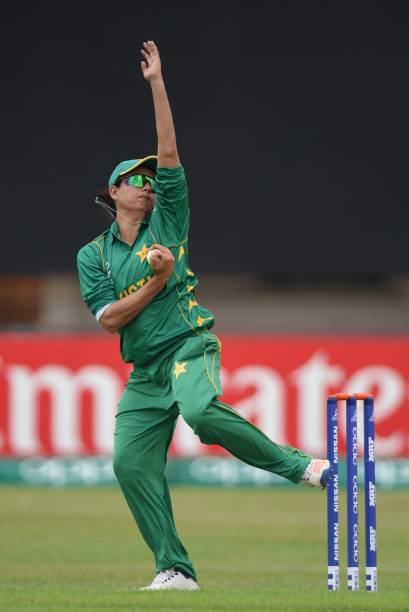
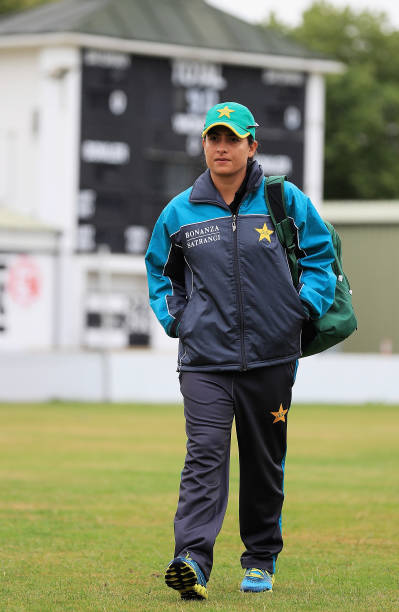
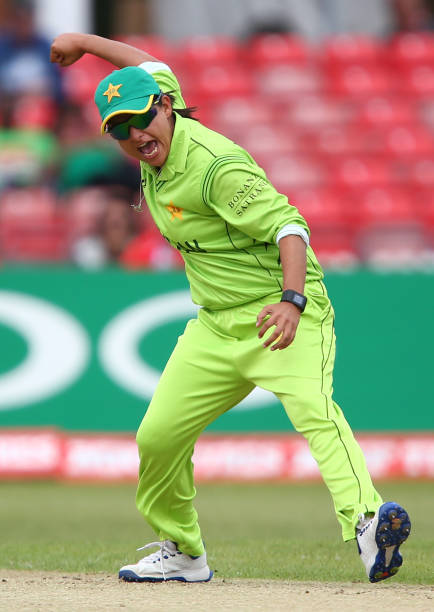
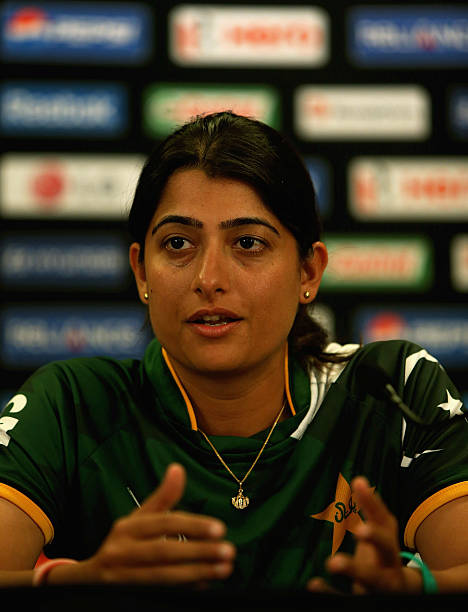
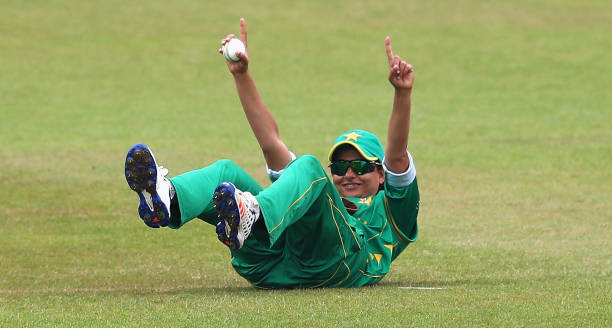
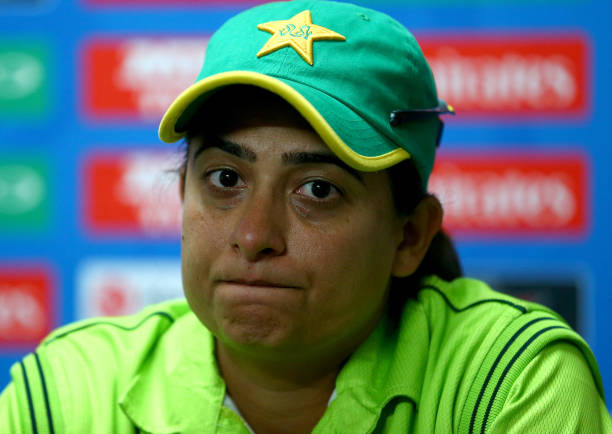
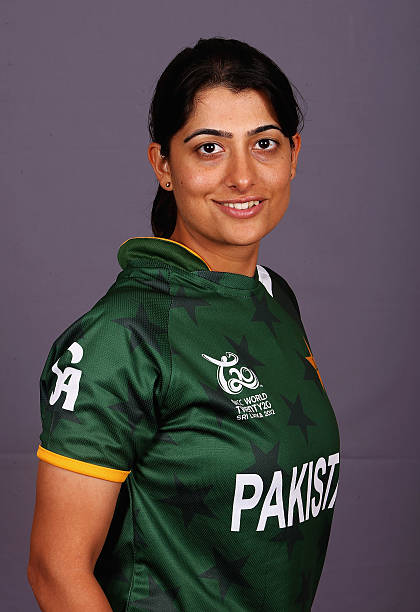
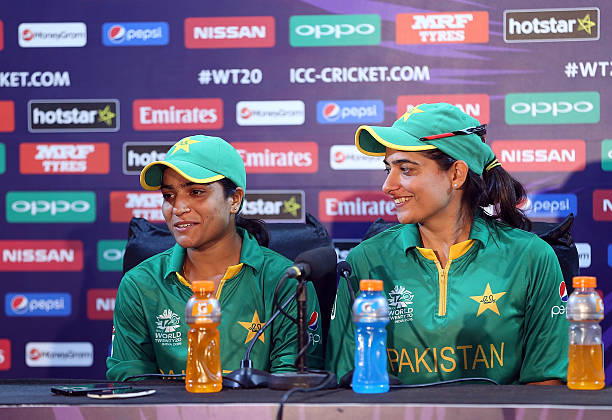
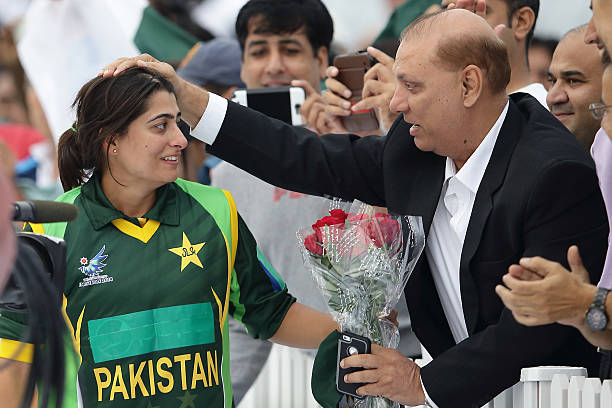
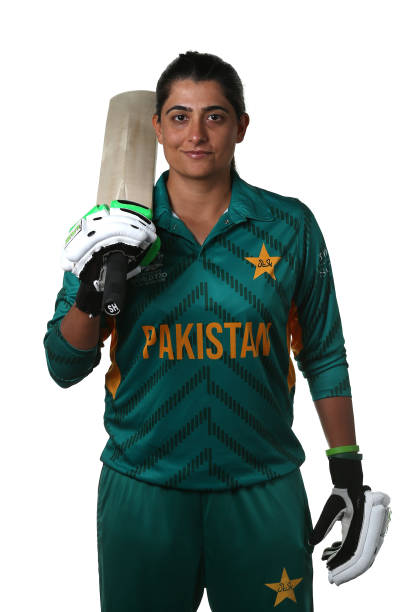
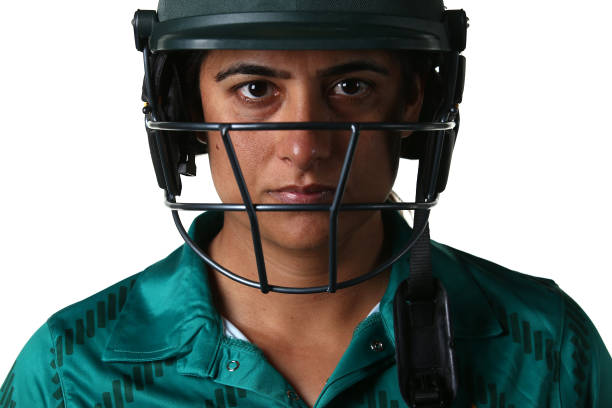
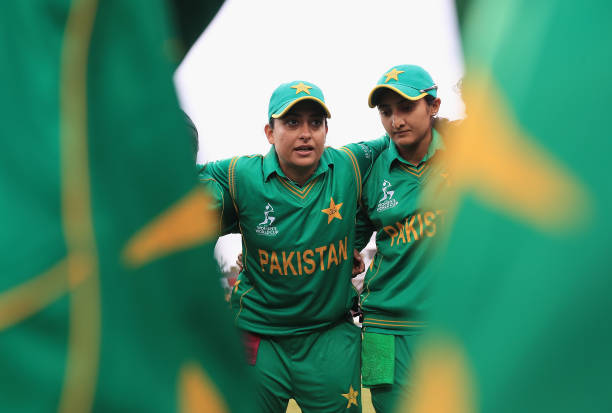
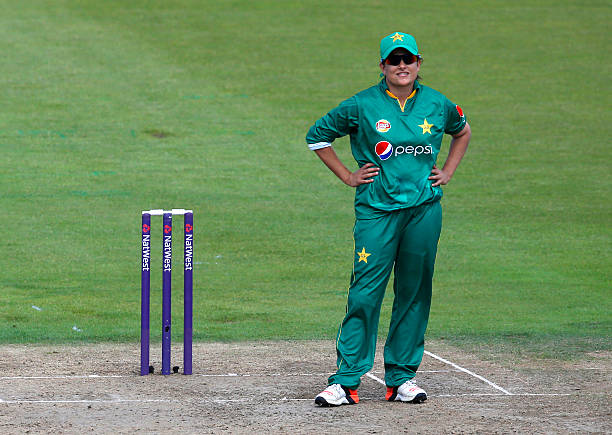
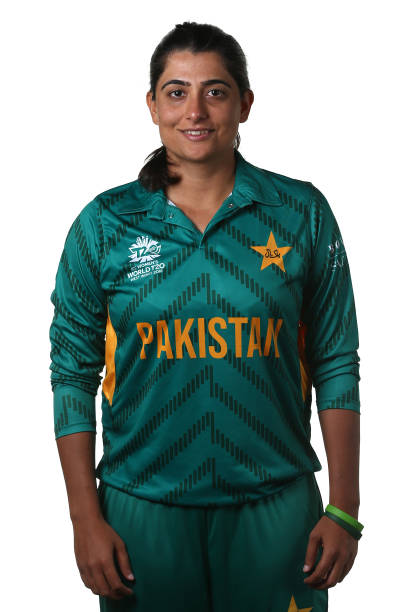
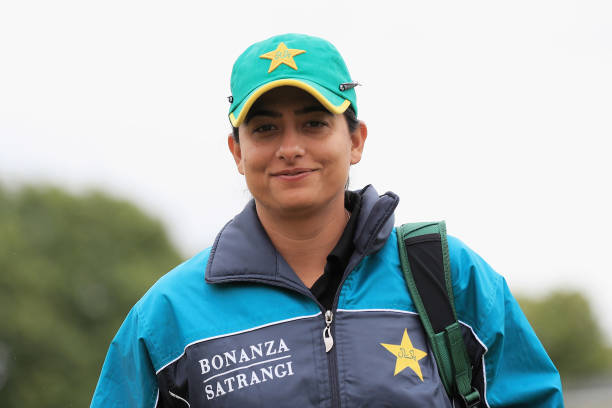
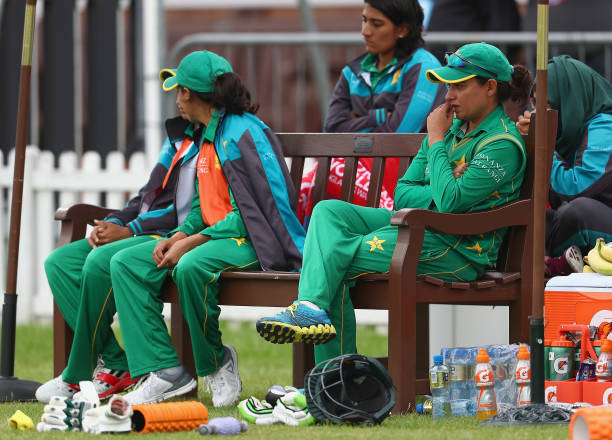
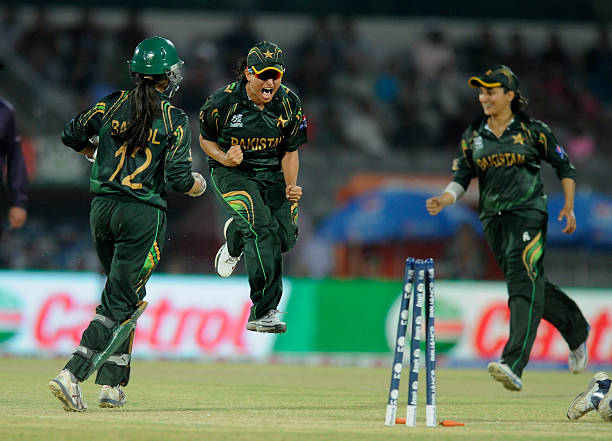
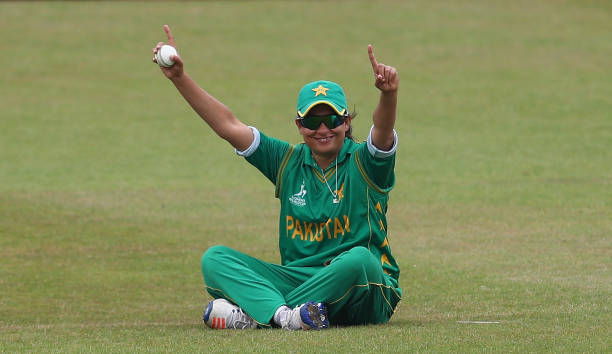



















No comments: